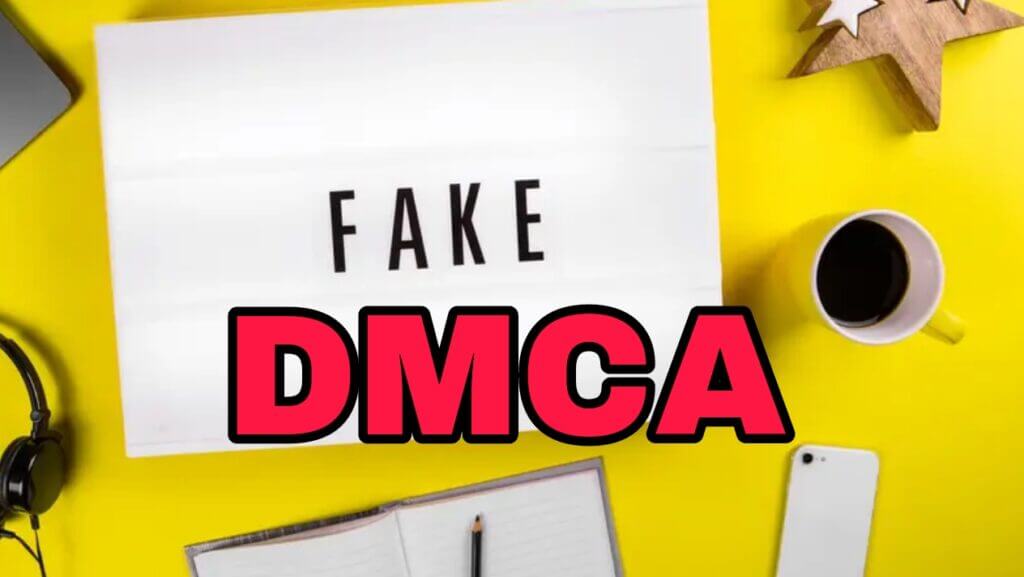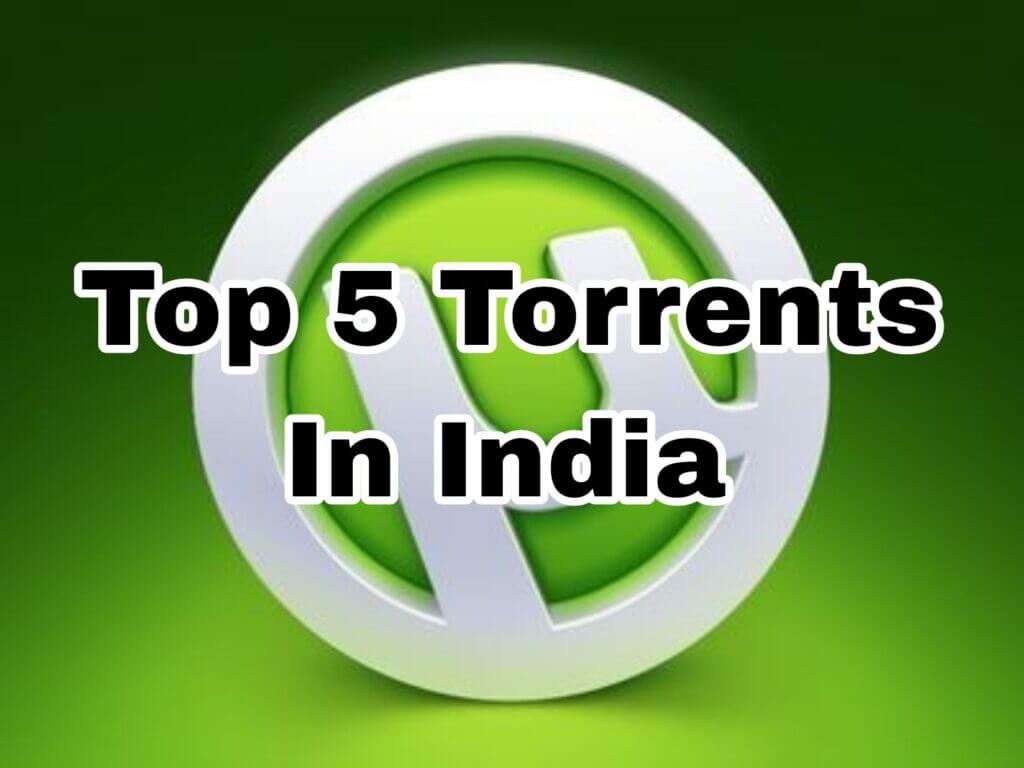Disney’s Channel Withdrawal Triggers Piracy Concerns in Vietnam

In a surprising move, Disney has ceased offering several of its TV channels in Vietnam. This decision has sparked worries from the Vietnamese government about a potential increase in piracy. The channels removed include National Geographic and Nat Geo Wild, as well as other Disney-owned channels like Fox Movies and Fox Sports.
Vietnam’s Deputy Minister of Information and Communications, Nguyen Thanh Lam, has suggested that the shift from traditional TV to on-demand services might be a reason behind this decision. However, this has led to a vacuum in the legal content market, creating a ripe environment for pirated content to flourish.
Impact of Disney’s Decision on Piracy
The withdrawal of these channels has raised alarms about the growing opportunity for piracy and illegal websites to capitalize on the unmet demand for these popular channels. Despite Vietnam’s recent efforts to combat piracy, including overhauling copyright laws and forming a specialist anti-piracy unit, piracy remains a pressing issue.
With the rise of Disney+ and its focus on streaming, traditional cable TV is facing a decline. However, Disney+ is not available in Vietnam, leaving a significant gap in the market. This absence is feared to further exacerbate piracy issues in the country.
Government’s Response and Public Sentiment
The Vietnamese government is actively seeking solutions to fill the gap left by these channels. There is hope that this could be an opportunity for domestic television channels to gain a larger audience. The situation also highlights the ongoing challenge of balancing between providing legal content access and curbing piracy.
In conclusion, Disney’s withdrawal from the Vietnamese pay TV market has highlighted the complex relationship between content availability and piracy. The situation underscores the need for accessible legal content to prevent the proliferation of pirated alternatives.

